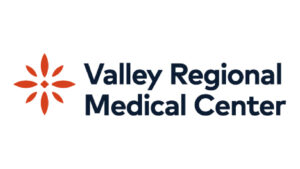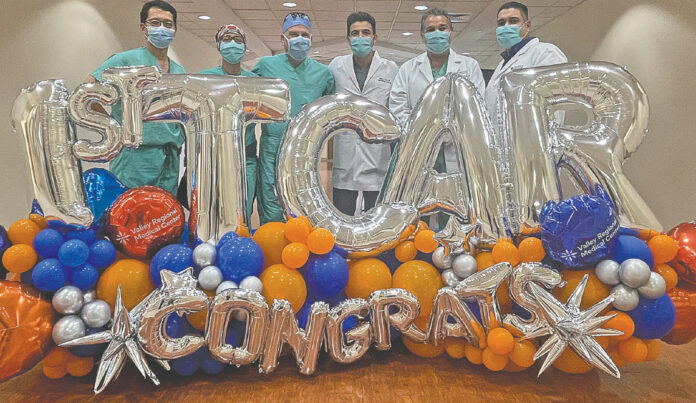
Valley Regional Medical Center is the first in Brownsville to treat carotid artery disease and prevent future strokes using a new procedure called TransCarotid Artery Revascularization (TCAR). TCAR is a clinically proven, minimally invasive and safe approach for high surgical risk patients who need carotid artery treatment.
Carotid artery disease is a form of atherosclerosis, or a buildup of plaque, in the two main arteries in the neck that supply oxygen-rich blood to the brain. If left untreated, carotid artery disease can often lead to stroke; it is estimated to be the source of stroke in up to a third of cases, with 427,000 new diagnoses of the disease made every year in the U.S. alone.
Before TCAR, the main treatment option for severe carotid artery disease was an open surgical procedure called carotid endarterectomy (CEA). CEA removes plaque from inside the carotid artery to restore normal blood flow to the brain, but the large incision leaves a visible scar the length of the neck. It carries risks of surgical complications, including bleeding, infection, heart attack and cranial nerve injuries that can cause issues with swallowing, speaking and sensation in the face.
The TCAR procedure is performed in less than half the time of CEA and offers several advantages:
• Better outcomes. TCAR results in a low peri-procedural stroke rate in
high surgical risk patients. TCAR’s low stroke rate is the lowest reported to date for any prospective, multicenter trial of carotid stenting.
• Less invasive. The TCAR approach has very low cranial nerve injury and myocardial infarction rates due to a minimal incision near the clavicle and the transcarotid approach.
• Patient-friendly. Local anesthesia is favored, and hospital stays are typically overnight for observation. TCAR patients recover quickly and almost always go
home the next day to return to full and productive lives with less pain and smaller scars.
People diagnosed with carotid artery disease are encouraged to consult with their cardiologist to see if the TCAR procedure is right for them. For physician referral, visit ValleyRegionalMedicalCenter.com




